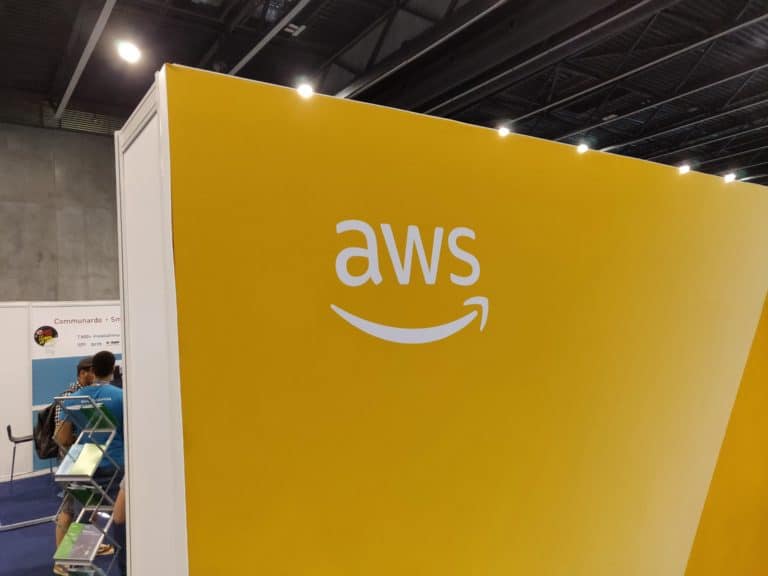Amazon Web Services (AWS) is said to be working on a second generation of its Graviton chip for data centers. The chip is allegedly more powerful and at least 20 percent faster than the first variant.
Graviton is an Arm-based system-on-chip that drives the company’s A1 family of cloud instances. The first version of the chip was released last year and is a cheap option for easier computing tasks.
So now, we are going to see a second version, which is faster than its predecessor, sources report to Reuters. This version is expected to use newer Arm technology than its predecessor, who used the Cortex A72. Possibly uses second-generation Neoverian N1 technology. Also, the chip should get more cores, namely 32 compared to the the 16 of the first Graviton.
The chip will also have a technology called ‘fabric’, with which it can work with other chips. In this way, tasks such as image recognition must be accelerated, according to an insider.
Competing with Intel
A source says that the higher speed is a clear signal to the market that Amazon is serious about its investment in Arm-based chips. However, both sources state that the new chip is probably less powerful than Intel’s Cascade Lake or AMD’s Rome.
On the other hand, Arm chips are cheaper and consume less electricity than Intel’s high-end chips. This can make them interesting, especially for data centers. In data centers, where there are often thousands of servers, chip buyers often focus on a mix of factors, including speed, chip size, energy consumption and cooling costs.
All these factors together are called the Total Cost of Ownership and that is exactly what the Arm-based solutions focus on. The intention is that such chips will eventually be able to compete with Intel’s, which are now dominant in the market.
According to Bernstein analyst Stacy Rasgon, the first Graviton chip was not yet something Intel really needed to worry about. But there are big tech companies that spend billions every year on Intel and AMD, and those companies have the resources to make more powerful Arm chips.
“I’m not worried about Arm on its own, but if Arm gets into the hands of, say, Amazon or a Google, who could potentially invest in it, it could be more problematic,” says Rasgon.
